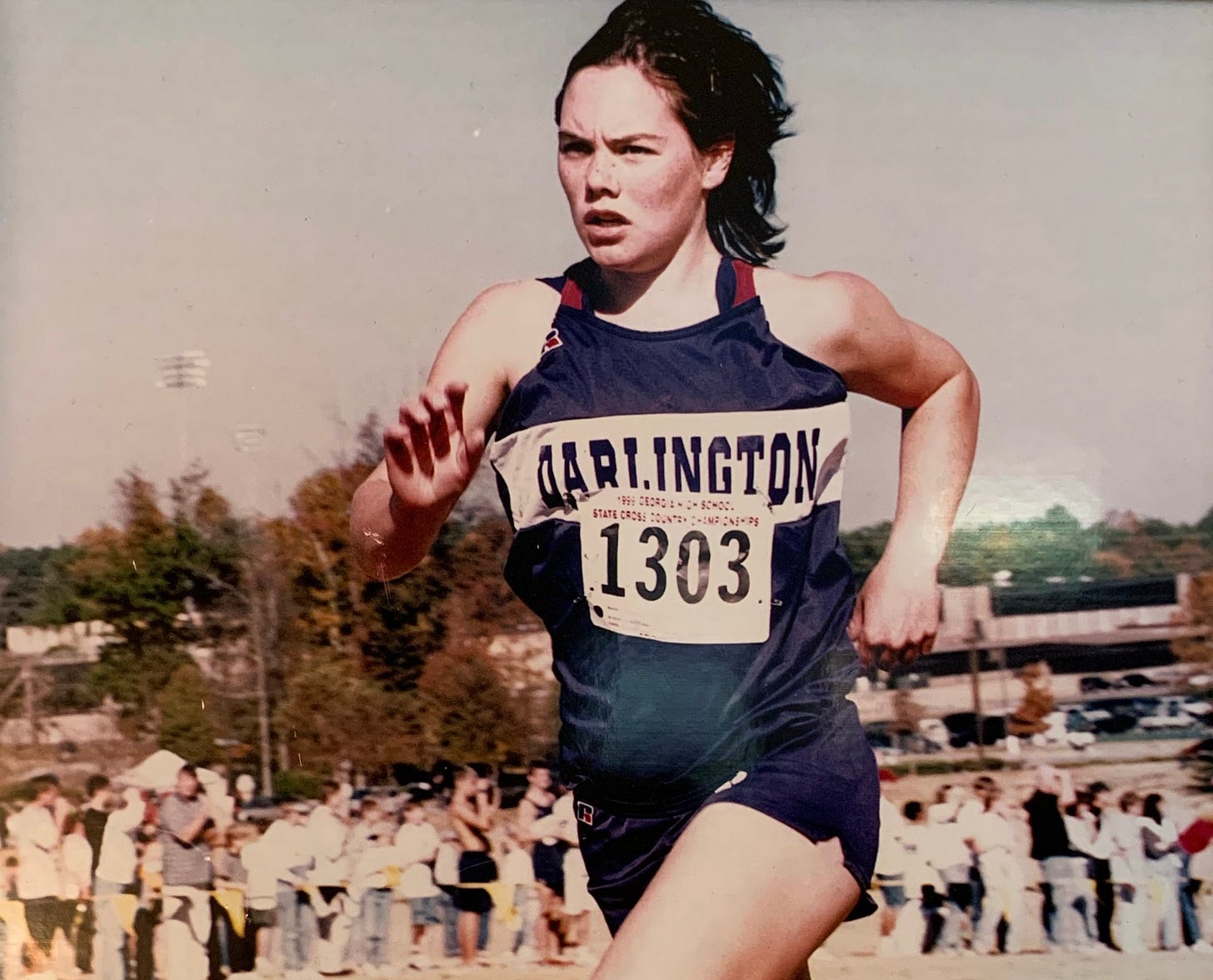The performance trap
Why the best use of sport is not its most popular one.
A lot of online running content is about performance. Check out your social feeds and, depending on your search terms and data history, you’re either served pro- and semi-pro racing content, or pro- and semi-pro running lifestyle content. The things these have in common is, of course, performance and mon…
Keep reading with a 7-day free trial
Subscribe to Stoic Running to keep reading this post and get 7 days of free access to the full post archives.


